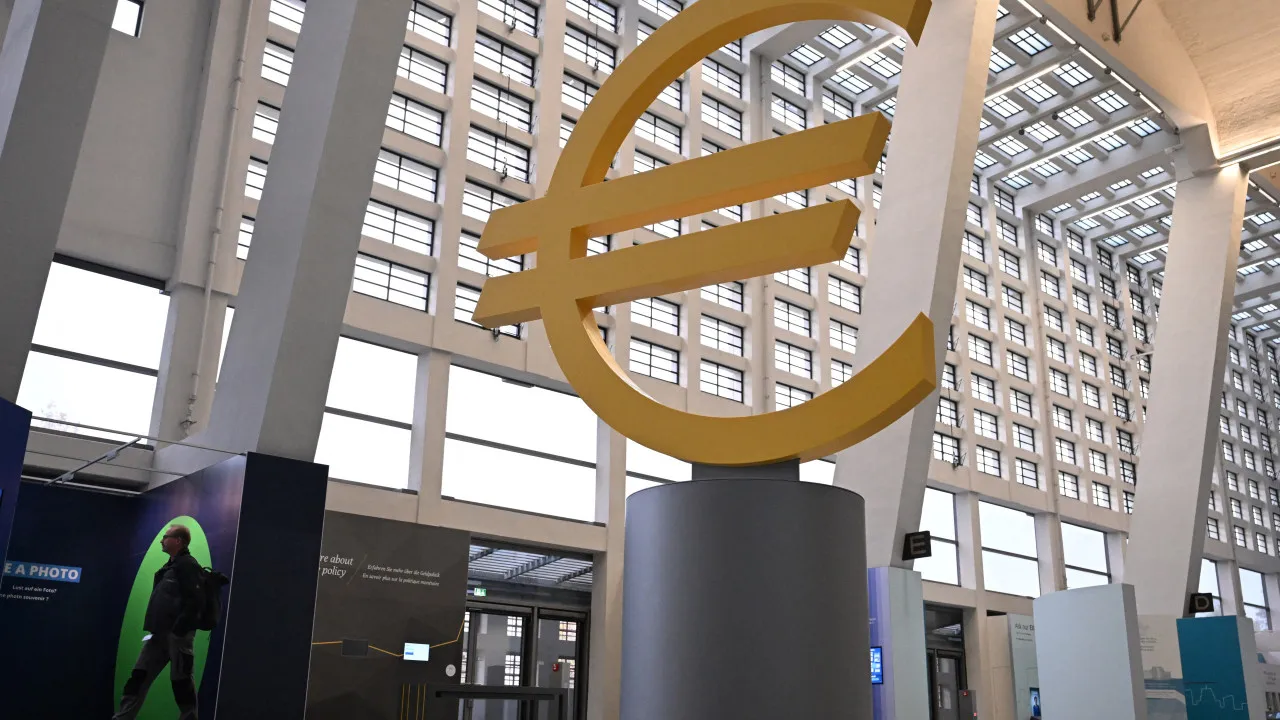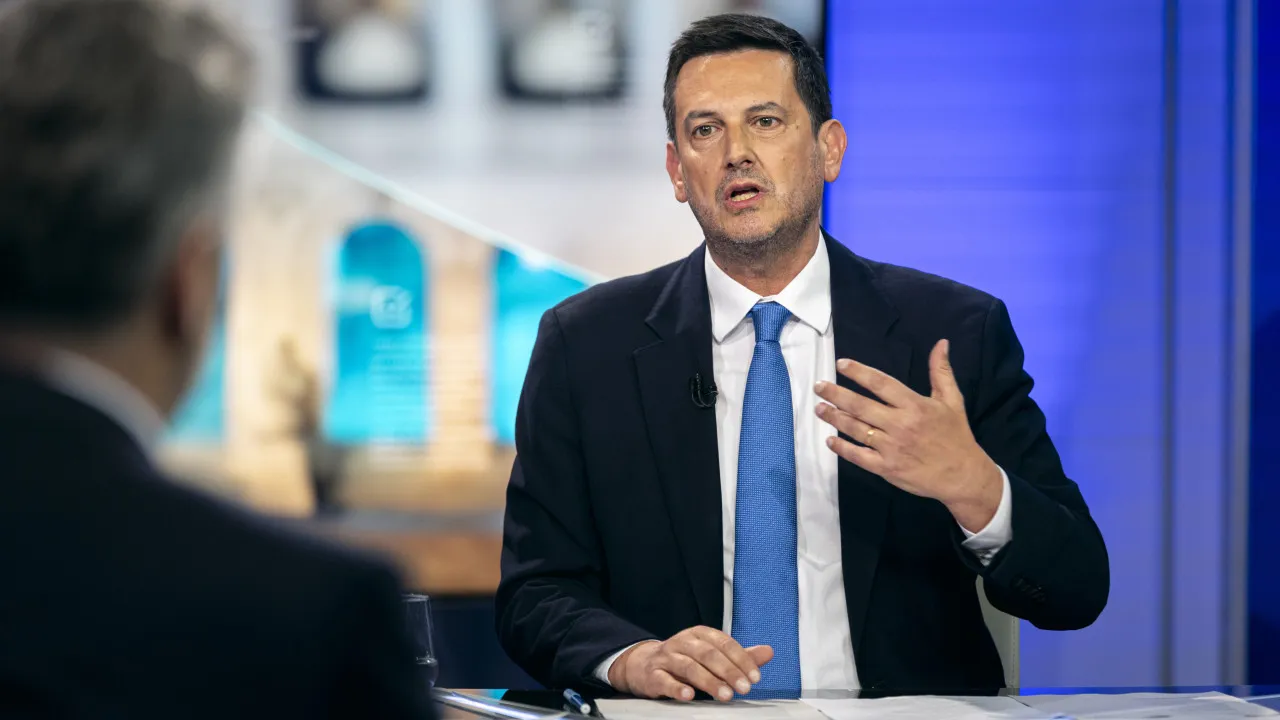The Secretary of State for Tax Affairs has maintained the productivity bonus for tax officials, transferring 5% of the amount of coercive collection to the Tariff Stabilization Fund (FET), according to an order published yesterday in the Diário da República.
The law points out that “each year the percentage of the amount of coercive collection carried out in the previous year, derived from proceedings brought by the Tax and Customs Authority (AT), which constitutes revenue for the Tax Stabilization Fund, must be determined”.
Thus, “the attribution of this revenue to the FET results from the evaluation of the overall performance or productivity of the AT services, as an organization, in relation to the degree of execution of the activity plans and compliance with the global objectives established or agreed with the tutelage”.
According to the law, “the results of the effective collection of tax revenue, as well as the performance achieved in the development of the AT’s global activities, are indicative of the high degree of compliance with the objectives set for the year 2022”.
The good results achieved, he continued, “are a reflection of the dedication of AT professionals and their ability to adapt and change, which allows them to respond to the growing challenges they face and which test their resilience”.
The percentage is thus set at 5% of the amount included in the annual declaration of the director-general of the Tax and Customs Authority on January 31, 2023, for the year 2022.
This figure has remained at 5% since at least 2013.
In 2017, the government approved a merger of the FET with the equivalent fund for customs officials, the FEA, both funds to finance remuneration supplements to compensate for the degree of specificity of the functions of collecting tax and customs revenue and controlling the entry of goods into the European area.
The decision to merge the two funds followed an audit by the Court of Auditors, which concluded that there was a lack of compliance and transparency in the accounts and that the funds had “accumulated manifestly excessive cash and cash equivalents” of 1.163 billion euros at the end of 2015, “contrary to good financial management practices”.
Faced with these conclusions, the court recommended “relevant initiatives to reassess the usefulness” of the ETF and EAF.








